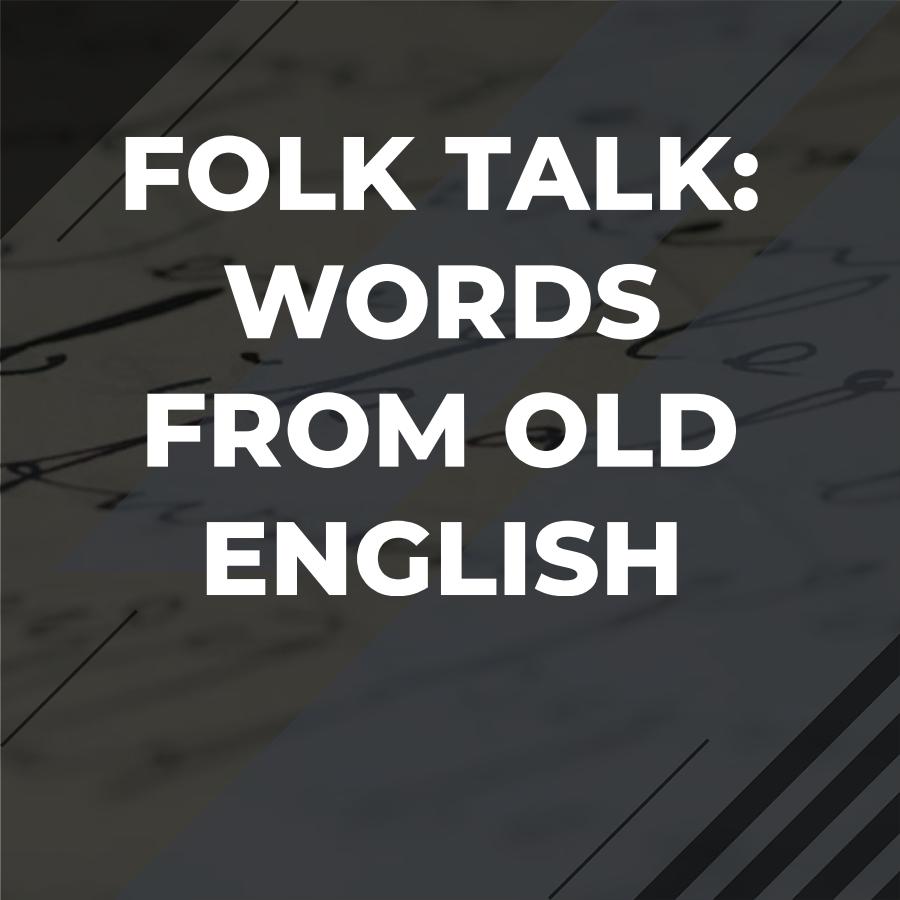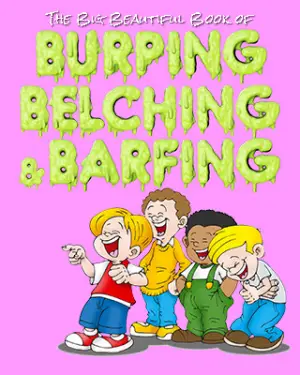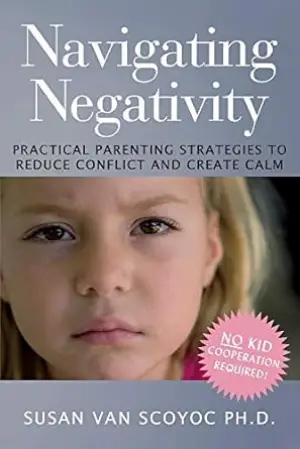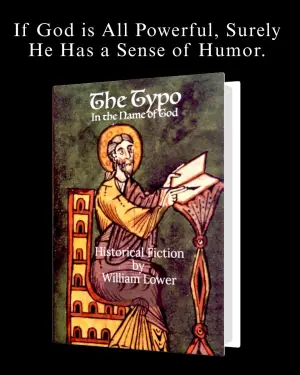Old English words originate from the early stages of the English language, spoken and written in England from the 5th to the 12th century. These terms show strong Germanic roots and form the foundation of present-day English. They often seem foreign to contemporary speakers, but a few Old English words have permeated daily use, prompting a deeper exploration of their meanings and significance.
Table of Contents
Why Explore Old English Words?
Exploring Old English words not only broadens language knowledge but also increases appreciation for how English has changed. Understanding these archaic terms can enrich your vocabulary and give insights into how and why modern English developed as it did. Realizing that numerous Old English words remain useful gives a distinct view on how language morphs over time.
Key Old English Words and Their Modern Usage
1. Wyrd
Originally meaning “fate” or “destiny,” this Old English word is significant in literary contexts, mainly in works such as Beowulf. People often use “wyrd” today in discussions of spirituality or fate, particularly in neo-pagan practices. An example could be a book club discussing the role of fate in their favorite fantasy novels.
2. Cyning
The Old English word for “king” directly shapes modern words like “king” and “kingdom.” Its historical and cultural implications make it a favored term in discussions about leadership in historical literature. For instance, when writing about the transition from tribal leadership to the monarchy in England, using the term “cyning” gives a more authentic flavor to the historical narrative.
3. Eorl
Meaning “nobleman,” the term “eorl” is a significant linguistic thread in understanding the social structure of Anglo-Saxon England. In historical novels, when portraying characters of high social standing, this term could replace the more common “noble” to evoke a specific time and place.
The Importance of Semantic Change
Language is not static; it evolves. Many Old English words have undergone semantic shifts, changing not only in meaning but also in usage. Understanding these changes shows cultural shifts and societal norms of the past.
Semantic Evolution Example: “Hæleð”
Initially, “hæleð” meant “hero” or “warrior.” As the language evolved, its implications shifted, often being associated with tragic heroes in literature. Modern references cite this term in academic discussions of heroism or in new fantasy stories that echo Old English themes.
Analyzing Words Across Cultures
The semantic evolution of certain Old English words can provide insights into cultural exchanges. For instance, “scipe,” meaning “ship,” reveals the significance of seafaring in Anglo-Saxon culture, reflecting how maritime proficiency shaped social and trade relations. In contemporary maritime literature, mentioning “scipe” can transport the reader back in time.
Old English Words in Literature
Incorporating Old English Words into Modern Writing
Utilizing Old English words in modern writing can lend an air of authenticity, particularly in genres that play with historical themes or fantasy. For example, a fantasy author looking to create a complex society might choose to use “cwen,” meaning “queen,” to denote female leadership that’s deeply rooted in history.
Case Study: A Historical Novel
Imagine you’re writing a historical novel set in Anglo-Saxon England. You might describe a grand feast where “æt” (meaning “at”) signifies the location of culinary delights. By incorporating Old English, you create an immersive experience for your readers. They can almost hear the echoes of old ways in your prose.
The Challenge of Pronunciation
One of the key barriers to using Old English words is their pronunciation. Many learners struggle with the phonetics of these old terms. For example, “geat” is pronounced like “gate,” but it often trips up those unfamiliar. Consider employing phonetic spellings or pronunciation guides when introducing these words in writing.
Teaching Old English Words
If you’re an educator or writing instructor, consider developing an interactive lesson that engages students in Old English vocabulary. Insert multimedia resources, like audio clips, to convey correct pronunciation and usage. Practice sessions where students read passages aloud build confidence with the words.
The Fun One: Old English Slang
While formal vocabulary is crucial, Old English also had its share of slang. Terms like “scríð” (meaning “to creep” or “sneak”) can add humor to modern dialogue. If you were writing a quirky contemporary piece, a character could complain, “Stop scríðing around like a thief in the night,” injecting a playful twist on familiar phrases.
Examples of Casual Use
In a humorous context, a writer might craft characters who, in a lighthearted competition, use Old English terms for modern scenarios. A dating scene could feature a character who declares, “I am no longer a ‘lēof’ (beloved), but merely a shadow of your former ‘cyning.'” Such usage can spark humor while providing a nod to the past.
Revitalizing Old English Words
With the rise of social media and online platforms, old terms draw attention again, sparking their revitalization in modern conversation. Book clubs and fans of historical fiction often use Old English words as topics of discussion or even hashtags.
Engaging an Online Community
Creating online discussions or social media posts that explore the meanings and usages of Old English terms can foster community interaction. Consider crafting a weekly post featuring an Old English word, encouraging followers to use it in a sentence or share their favorite examples in literature.
Resources for Learning Old English Words
Several resources help deepen understanding and broaden vocabulary related to Old English. Some notable suggestions include:
1. Old English Dictionaries
Dictionaries specifically focused on Old English provide definitions and usage examples, making them invaluable for writers and enthusiasts alike. Websites and apps can give a searchable catalog, which helps people quickly find terms.
2. Historical Linguistics Courses
Online courses focusing on historical linguistics delve into the evolution of the English language, often including sections on Old English. These courses can offer structured learning opportunities for those eager to master the linguistics behind Old English.
3. Literary Collections
Reading collections of Old English literature can familiarize you with context and usage. Works such as Beowulf and The Anglo-Saxon Chronicle are fundamental in understanding how these words fit into the fabric of history.
Additional Information
Old English words are full of fascinating quirks and stories that many people overlook.
- The word “whale” comes from the Old English “hwæl,” which is related to the Proto-Germanic “kwalon,” meaning “to holler.” Interestingly, a giant sea creature has a word origin connected to making noise!
- “Happiness” can be traced back to the Old English “hap,” meaning “good fortune.” This history means that being happy used to be all about luck rather than mindset.
- The Old English term “wyrm” referred to a dragon or serpent. Today, most people picture “worm” as a tiny, wiggling creature, which shows that language can change over time.
- “Merry” comes from the Old English “myrige,” meaning “pleasing” or “delightful.” So when you wish someone a “merry” Christmas, you’re hoping they experience something pleasing!
- The word “night” originates from the Old English “niht,” which is related to the Proto-Indo-European “nókʷts.” This word is the basis for the word “nocturnal” in many languages, connecting how different cultures experience darkness.
- “Gift” in Old English was pronounced “gift,” but it meant “poison” before it transformed over the years. Giving gifts may not be as sweet as it seems!
- The word “silly” originally meant “happy” or “fortunate” in Old English. Over time, its meaning shifted to what we use today, demonstrating how perceptions can change dramatically.
- “Berserk” originates from the Old Norse “berserkr.” However, its roots can be found in Old English as “bear shirt,” referring to warriors who fought without armor. Imagine charging into battle wearing nothing but fur!
- “Ketchup” has its roots in the Old Chinese word “kê-tsiap,” which referred to a pickled fish sauce. This condiment has come a long way to grace your fries, right?
- The Old English word “cyning,” meaning “king,” shares its roots with the modern English word “kin,” showing that people often viewed leaders as members of a broader family or group.
Frequently Asked Questions (FAQs) Related to Old English Words
Q. What is Old English?
A. Old English is the earliest form of the English language, spoken and written in England from around 450 to 1150 AD. It is quite different from modern English, with its own vocabulary and grammar rules.
Q. What is the origin of Old English?
A. Old English developed from the Germanic languages brought to England by Anglo-Saxon settlers. These settlers spoke a mix of dialects that formed the foundation of this early version of the language.
Q. What are some examples of common Old English words still used today?
A. Words like “house,” “king,” “fish,” and “mother” have Old English roots. Although their spelling and pronunciation have changed, their meanings remain similar.
Q. Why is Old English difficult for modern readers?
A. Old English uses a different alphabet and spelling system, and its vocabulary and grammatical structure have significantly changed over the centuries. This situation makes it challenging for modern readers to understand without study.
Q. What distinguishes Old English from Middle English?
A. Old English has a more complex grammar and vocabulary influenced by Germanic languages. On the other hand, Middle English (used from about 1150 to 1500) shows significant influence from Norman French and Latin, making it more recognizable to modern readers.
Q. How did Old English evolve into Middle English?
A. The Norman Conquest in 1066 brought a significant amount of Norman French vocabulary and influence into English, leading to changes in grammar, pronunciation, and word choice.
Q. Are there any resources for learning Old English?
A. Yes, there are many online courses, textbooks, and dictionaries specifically focused on Old English. Websites like the University of Virginia’s Old English page can be a great starting point.
Q. Can you name some famous Old English literary works?
A. “Beowulf” is the most famous work from Old English literature. Other notable texts include “The Anglo-Saxon Chronicle” and various religious texts from the period.
Q. What is the impact of Old English on modern literature?
A. Old English laid the groundwork for modern English vocabulary and literary forms. Many literary traditions, such as epic poetry and storytelling, can trace their roots back to Old English.
Q. How can studying Old English benefit modern writers?
A. Studying Old English can enrich a writer’s understanding of language evolution, inspire creativity through classic literary forms, and enhance vocabulary by connecting to the roots of the language.
Conclusion
Exploring old English words opens a fascinating window into the history of language and culture. These words not only deepen our modern vocabulary but also connect us to our roots. By incorporating these unique terms into our writing and conversation, we can enrich our communication and preserve the charm of the past. So, don’t hesitate to sprinkle a few old English words into your daily lexicon. You might impress your friends while keeping the language alive!







